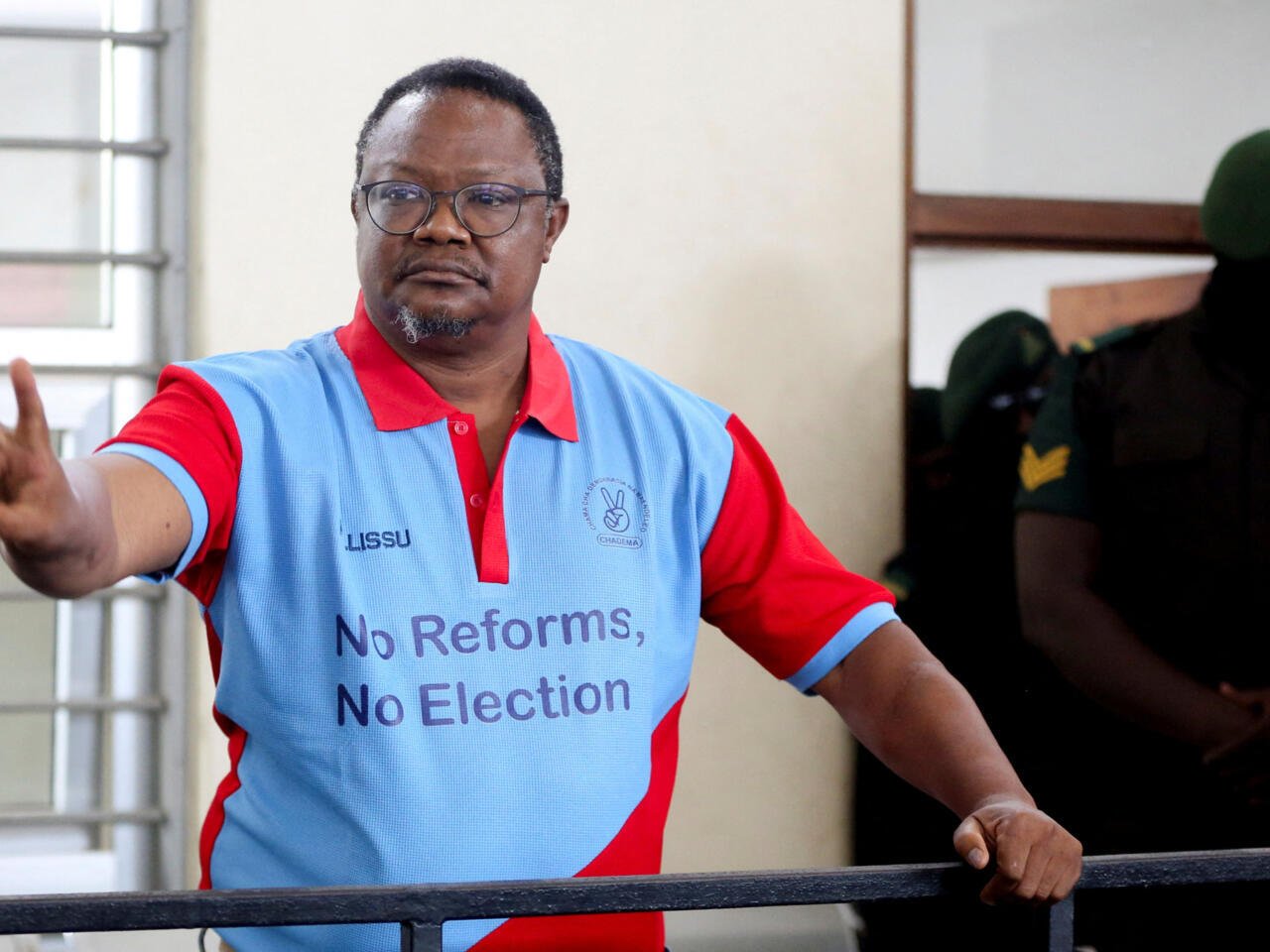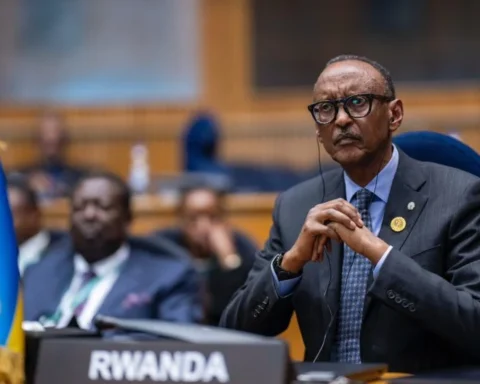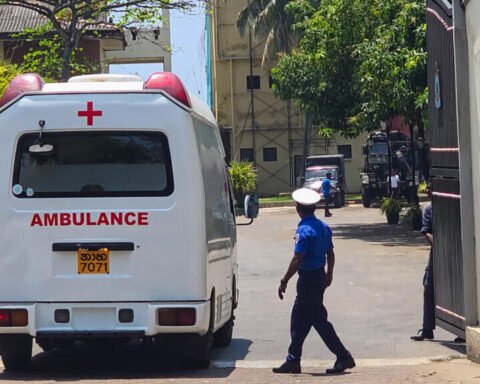Government prosecutors have asked the Kisutu Resident Magistrate’s Court for more time to finalize legal procedures required to transfer the high-profile treason case involving opposition politician Tundu Lissu to the High Court of Tanzania.
The delay is attributed to a pending decision on the enforcement of witness protection regulations, which the government says is essential for the safety and anonymity of those expected to testify.
The High Court is scheduled to issue a ruling on August 4 regarding the legal framework for protecting witnesses in sensitive criminal cases — a decision that will determine how and when Lissu’s case can proceed. Until that ruling is delivered, the government maintains it cannot formally submit the case to the High Court for hearing.
The prosecution informed the court that all preliminary procedures have been completed, including legal documentation and approvals from the Director of Public Prosecutions (DPP). They argue that the only remaining step is to receive the High Court’s guidance on whether certain witnesses can be granted legal anonymity under Tanzania’s Witness Protection Act, especially in cases involving charges that could impact national security.
However, Lissu — a former Member of Parliament and 2020 presidential candidate for the Chama cha Demokrasia na Maendeleo (CHADEMA) party — has strongly objected to the prosecution’s request for an extension.
Representing himself in court, Lissu accused the government of deliberately delaying justice under the guise of legal process. “This is a calculated effort to suppress my right to a fair and timely hearing,” he said. “I’ve been in remand for over 100 days without meaningful proceedings.”
Lissu’s criticism extended to the underlying motive behind witness protection requests. “The prosecution is using protective measures as a shield to avoid accountability. If the witnesses are anonymous, how can I challenge their evidence in a court of law?” he asked during the hearing.
Also Read; Fire Kills Five Young Children in Tabora Orphanage Dorm
He has called on the court to dismiss the case altogether and order his release, citing international legal standards on the right to a speedy trial.
His stance echoes ongoing concerns raised by human rights organizations over the shrinking civic space and alleged judicial misuse in Tanzania. Several advocacy groups have argued that politically sensitive cases often face procedural hurdles that undermine transparency and due process.
Presiding Magistrate Franco Kiswaga ruled in favor of granting a short extension, acknowledging that the lower court lacks the authority to intervene in High Court procedures. He scheduled a follow-up hearing for July 30, where the court will assess any progress on the anticipated transfer.
The government insists that its position is rooted in legal compliance rather than political strategy. “This is a matter of ensuring all statutory safeguards are in place, especially when dealing with high-risk witnesses,” a state attorney said, referring to provisions in the Criminal Procedure Act.
Tundu Lissu is facing serious charges, including one count of treason under the Tanzania Penal Code and another under the Cybercrimes Act. The charges reportedly stem from statements he made during public forums and online interviews, where he criticized the government and urged citizens to remain vigilant ahead of the upcoming 2025 general elections.
Lissu, who survived an assassination attempt in 2017 and spent years in self-exile before returning to Tanzania, remains a key figure in the country’s opposition landscape. His ongoing legal battle is being closely monitored both locally and internationally as a test case for Tanzania’s commitment to political freedoms, judicial independence, and the rule of law.







